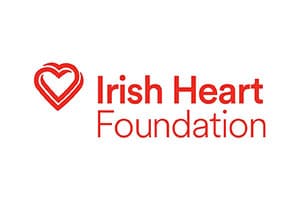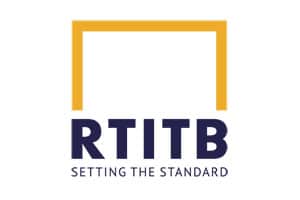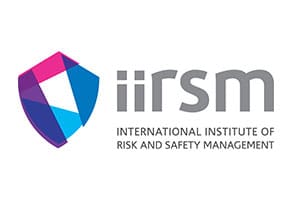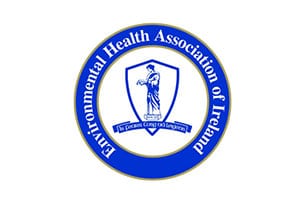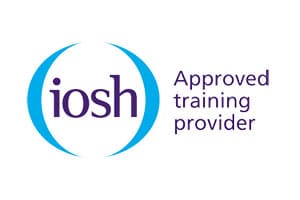What is Diabetes?
Diabetes is a sugar/insulin imbalance.
Insulin is a hormone that allows your body to use sugar (glucose) from carbohydrates in the food that you eat for energy or to store glucose for future use. Insulin helps keep your blood sugar level from getting too high (hyperglycemia) or too low (hypoglycemia).
Hypoglycemia & Hyperglycemia
- Type 1 Diabetes occurs when the body is incapable of producing insulin, a hormone which regulates blood sugar. Type 2 Diabetics occurs later in life or as a result of a poor high sugar diet.
- Type 2 Diabetics must inject themselves with insulin several times a day so as to absorb sugar from carbohydrates to be converted to energy or stored as fat.
A type 1 Diabetic must inject insulin before they eat. If the person does not eat or not eat enough after
medication they can go into a condition called Hypoglycemia (too little sugar in the blood and so too much insulin).
Type 2 Diabetics administer themselves with medication but can also suffer a hypoglycemic episode if they forget to check sugar levels and have not eaten or not eaten enough after medication.
In 2022, there will be more people living with diabetes than ever before. Learn what we can do to prevent this from happening
World Diabetes Day 2022 – How Can We Prevent It?
The Importance of Early Detection.
If you have type 2 diabetes, it’s very likely that you’ve been diagnosed at some point during your life. However, early detection is key to preventing serious complications. This includes regular checkups with your doctor, as well as routine blood tests.
The Role of Diet.
A healthy diet plays an essential role in managing diabetes. Eating foods high in fiber and low in sugar helps keep blood glucose levels steady. Foods rich in protein help build muscle tissue and maintain bone density. And eating plenty of fruits and vegetables provides vitamins and minerals that support good health.
The Role of Physical Activity.
Regular exercise also has benefits for people with diabetes. Exercise improves insulin sensitivity, helping the body use insulin better. It also lowers blood pressure, cholesterol, and triglycerides, reducing the risk of cardiovascular disease.
The Role of Lifestyle Modification.
People who manage their diabetes well can live healthy lives without having to take medication every day. They eat a balanced diet, get regular physical activity, and maintain a healthy weight. This helps them avoid complications such as high blood sugar levels (hyperglycemia), kidney damage, nerve damage, eye damage, and amputations.
The Role of Medication.
There are two main ways to control blood glucose levels: by eating right and exercising regularly, and by taking medications. Insulin injections are used when patients cannot use oral medications effectively. Other medications help lower blood glucose levels.
